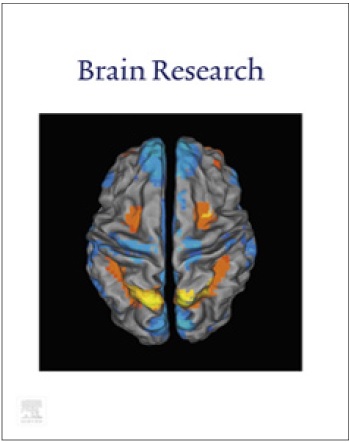Novel metaphoric sentences have repeatedly evoked larger N400 amplitudes than literal sentences, while investigations of the late positive complex (LPC) have brought inconsistent results, with reports of both increased and reduced amplitudes. In two experiments, we examined novel metaphor comprehension in Polish, using the same set of literal, novel metaphoric, and anomalous sentences. The first aim of the study was to test whether novel metaphors would evoke larger or smaller late positivity complex (LPC) amplitudes compared to literal and anomalous sentences. Some earlier studies have shown that whether increased LPC amplitudes are observed or not may be related to the task participants are asked to perform, with explicit acceptability judgments being more likely to evoke the LPC effect. The second aim of the study was, thus, to test whether the observed LPC pattern would be the same across two tasks, the semantic decision task (Experiment 1) and the reading task (Experiment 2). Our results replicated the N400 effect observed in earlier studies on metaphor in both experiments. Most importantly, a reduction in late positivity to novel metaphors relative to anomalous sentences was found in both experiments. Additionally, this difference was broadly distributed over parietal sites in Experiment 1, and clearly left-lateralized in Experiment 2, which might imply differences in the involvement of recollection and semantic processes. Overall, these results seem to indicate that both conventionality and task demands modulate the LPC pattern.

